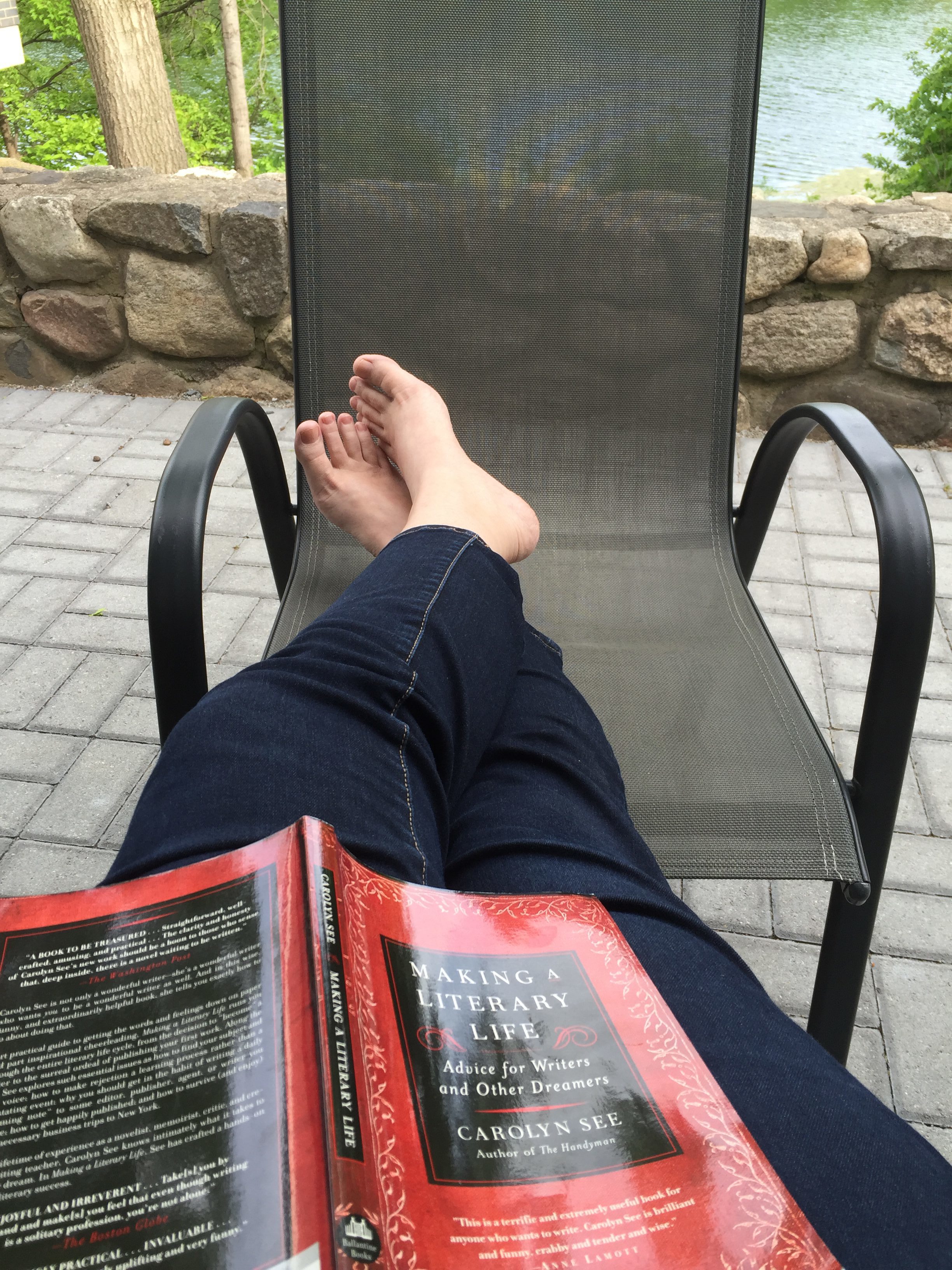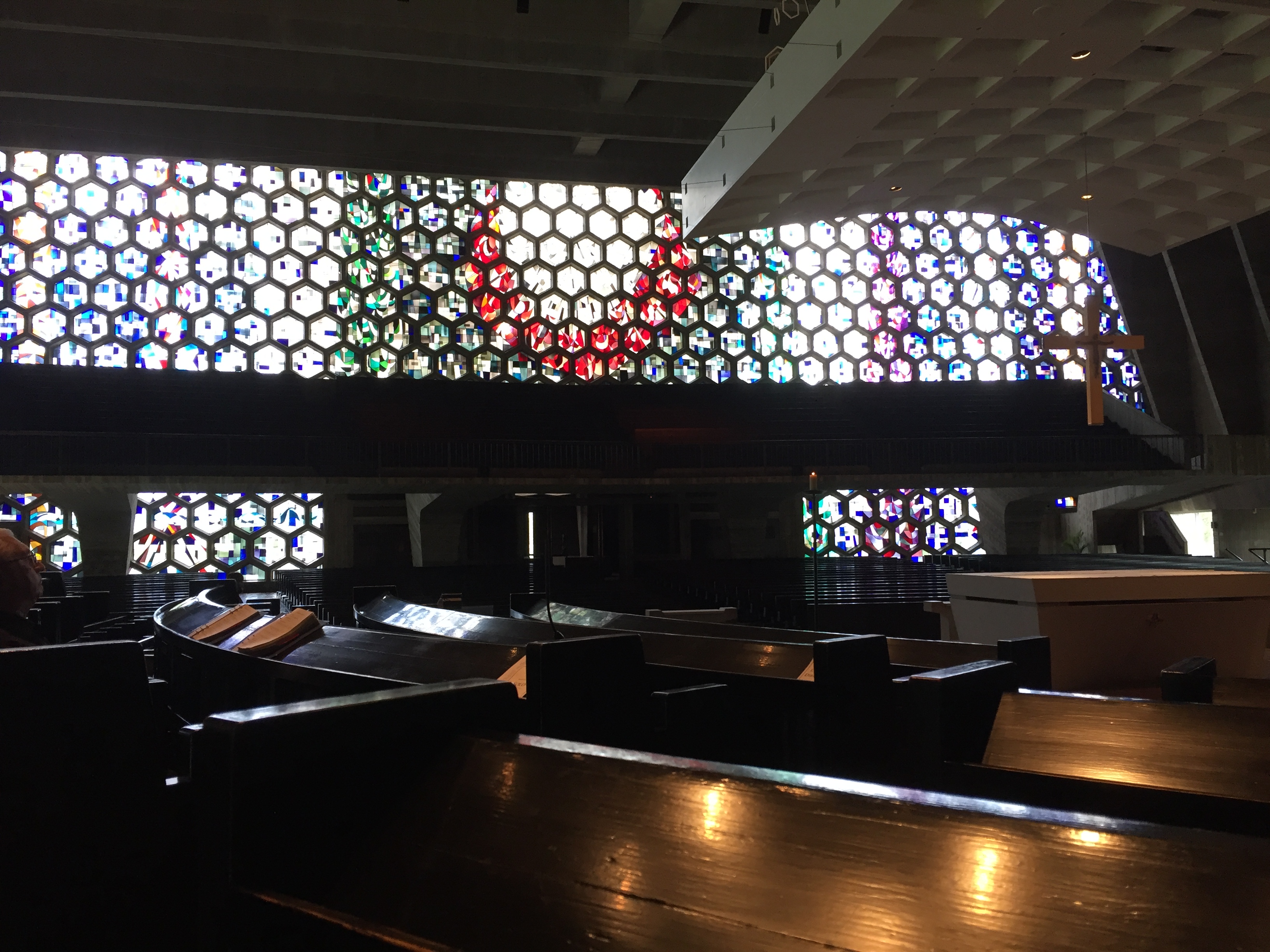
I’ve always liked the word “fallow.” I like the sound of it, the short “a” sound followed by the long “o” sound. I like that it’s almost “follow,” but not quite. Mostly, I appreciate its indication that when it looks as if nothing is happening, looks are probably deceiving. Rest is some of the deepest work to be done.
Here’s how Ken Chitwood recently described it in Sojourners (“A Crucial Ingredient in Justice Work: Rest”): “Leaving a field to lie fallow means leaving a paddock to be unseeded, uneaten, and unspoiled for a season or more. It is one of the best ways farmers can allow the land to replenish its nutrients and regain its fertility. It also helps prevent erosion — the roots of the plants left free to grow help to hold the soil in place against the ravages of wind and rain.”
To lie fallow is to engage in a season of rest. One of the things I love about liturgical life is its emphasis on seasons. We move around the cycle of a year, changing the colors of vestments and paraments, focusing on certain parts of our story and then on others. I’m tempted to say winter is my favorite season of the year because I love the cold and snow and we rarely get enough in Virginia to satisfy me, but the truth is I love every season while we are in it. I love the annual cycle and the delights that belong only to the season at hand, the inchworm-green of new spring shoots, the languorous late-light evenings of summer, the crisp bite and mature colors of fall.
Only sometimes, I have trouble being in the season at hand. I know something about the ravages of wind and rain, exposed roots. Jesus had to be hunted down while he was praying in a deserted place by himself (Mark 1: 35-36) and he regularly took time out and away. This is supposed to be a model for me, for all of us. I also know it’s easier to fill up the empty months of a sabbatical than it is to empty out one day a week for Sabbath. As Annie Dillard wrote, “How we spend our days is, of course, how we spend our lives” (The Writing Life).
I don’t want to spend my life as a fallow field. But then again, I’m not really in danger of that happening. I am in danger of trying to earn my way to the grace of rest and replenishment.
I’m on study leave this summer, three days in. When I’ve mentioned this, most people have immediately asked what I’m going to do. I suppose I could be studying something “out there,” people do this all the time, take a break from the routine to write a book on church leadership or home canning. I’m on a writing retreat with my writing group this week, but I don’t have a project in mind to complete this summer. I’m going to rest and not-do. I’m trying to “study” myself. I’m lying fallow.
My goal is to resemble a field of clumpy sod, unplanted, no harvest in sight. I hope and trust God will tend me, but I’m going hands-off, list-rogue. I’m asking to be replenished and getting out of my own way so it can happen.

Looking up and out from worship in the St. John’s Abbey Church, Collegeville, Minnesota


